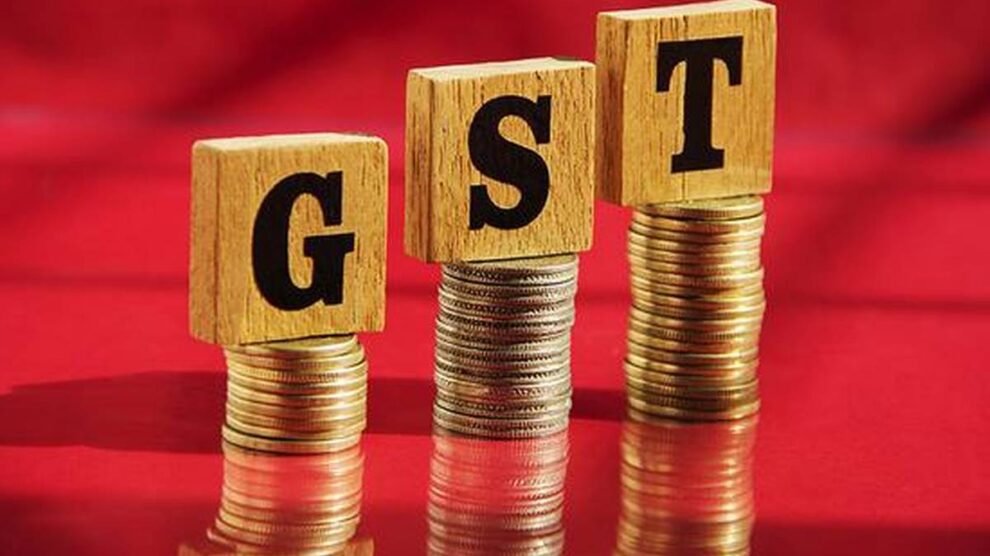Case: M/s Sakthi Steel Trading Vs Assistant Commissioner (ST) (Madras High Court) (W.P. No. 4122 of 2022 dated 29th January 2024)
The Hon’ble Madras High Court allowed the writ petition, thereby holding that, the Revenue Department should at least serve notice on the taxpayer through other modes of communication as prescribed u/s 169 of the Act, if the taxpayer fails to respond to summon, order, notice or any other communication sent to them through E-mail.
Facts
- The taxpayer is aggrieved on the grounds that although the notice that preceded the said impugned order was sent by the department on the GST common portal, the taxpayer was unaware of the same and thus, the impugned order came to be passed without the taxpayer being given a chance to reply to the notice issued.
- The taxpayer was issued with the impugned order, wherein the tax department called upon the taxpayer to pay disputed Input Tax Credit (ITC) amounting to Rs. 50,569.65/- each availed under the provisions of Central Goods and Services Tax Act, 2017 & Tamil Nadu Goods and Services Tax Act, 2017. The said impugned order has further imposed penalty under Section 122(1)(ii), Section 122(1)(vii) of the respective GST enactments for the AY 2018-19.
- The learned counsel for the taxpayer relied on a decision of the Madurai Bench of this Court rendered in the case of Thvya Traders (Dhivya Traders) Vs. Appellate Assistant Commissioner (Commercial Tax), Virudhunagar and Another reported in (2010) 33 VST 803 (Mad).
- The learned government advocate submits that the provisions in the Act itself shows the intention of the Government is clear to make an assessment & paperless. Therefore, the decision of the Madurai Bench of this Court in Thvya Traders’ case cited supra as submitted by the learned counsel for the taxpayer cannot be entertained.
Held
- It was observed that the Section 169(1)(c) of the respective GST enactments specifically provides that any decision, order, summons, notice or other communication under them or the rules made thereunder may be served by any one of the specified methods therein.
- Further stated that the Section 169 of the GST enactments is a progressive provision intended to integrate technology with the assessment proceedings. It is a step to modernize the tax administration in the country by taking advantage of available technology.
- At the same time, the Court observed that, all men of commerce from the business community particularly small traders, small service provider and small manufacturers may not be ready to receive and respond. They may be technologically challenged which may impair them to respond autonomously to emails sent to them in the dash board of GST Web portal on their computer screen or Tab or smart phones.
- They may not be able to keep a watch on the traffic of slew of notices and communications that are emailed to them to their registered email ids in the web portal, although it is a convenient mode for dissemination and communications of notice, orders, summons, etc. Unless, they have a dedicated team of persons handling their e-mails accounts, they may not even notice receipt of any notice, notification, summons in their e-mail.
- If, notice sent to designated/registered email ID’s as is contemplated in Section 169(1)(c) of the respective GST Enactments is not responded by the taxpayer, it would be incumbent on the part of the department to serve atleast another notice once through any of the other modes of service of notice prescribed under Section 169(1) of the respective GST Enactments so as to ensure there communication and there is no violation of principles of natural justice.
- The court directed that there has to be some amount of flexibility. Rigidity in the administration of tax in such matters may not serve the purpose and can be counterproductive. There has to be a proper communication as otherwise ex-parte decisions are susceptible to be successfully challenged and declared as arbitrary for violation of principles of natural justice.
Our comments
The said judgement summarizes the plight of the small businesses. The aforementioned judgment in the times of technology wherein everyone seeks to communicate via e-mail, more so ever the notices, order, summons being uploaded by the tax department on the GST portal and relying that the same would be answered by the taxpayer, comes as a major relief and also as a reminder that only technology cannot be trusted upon when it comes to the tax administration. It also comes as a guiding principle for the department that the good old ways of serving the notices, summons and orders as mentioned in the act are worth following in the recent times of technological advancement.

